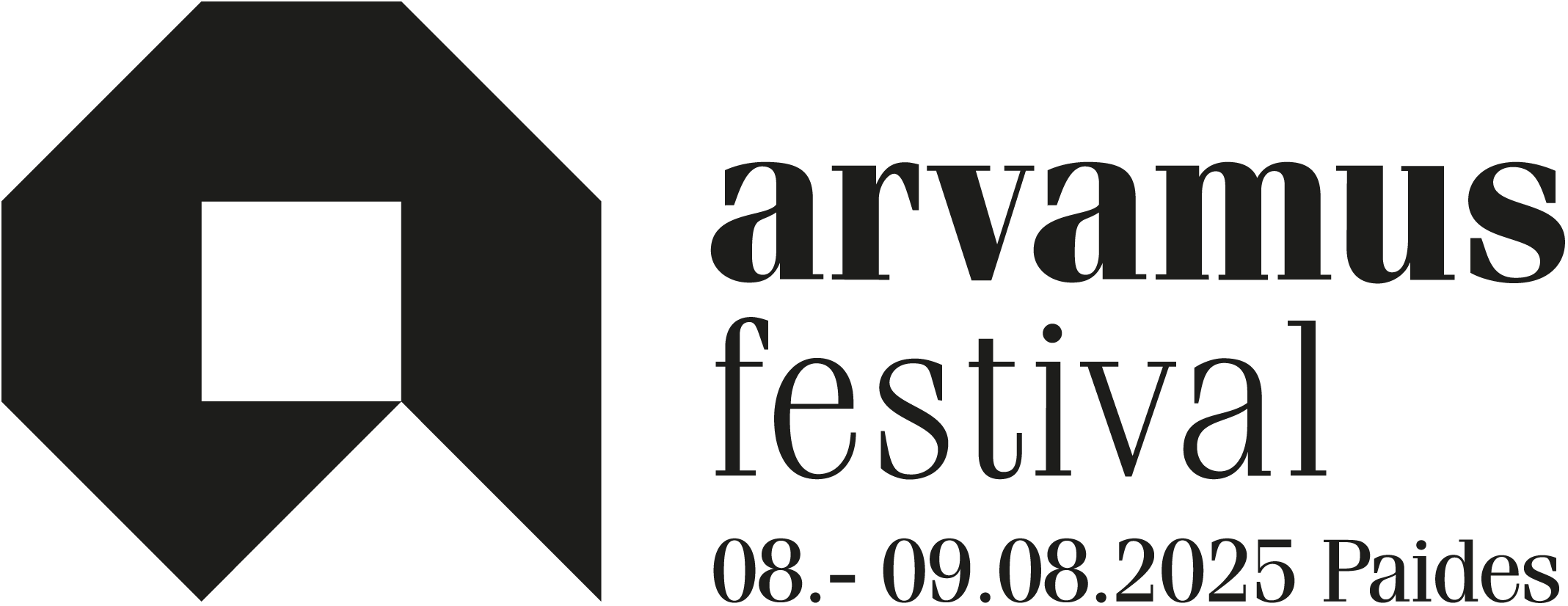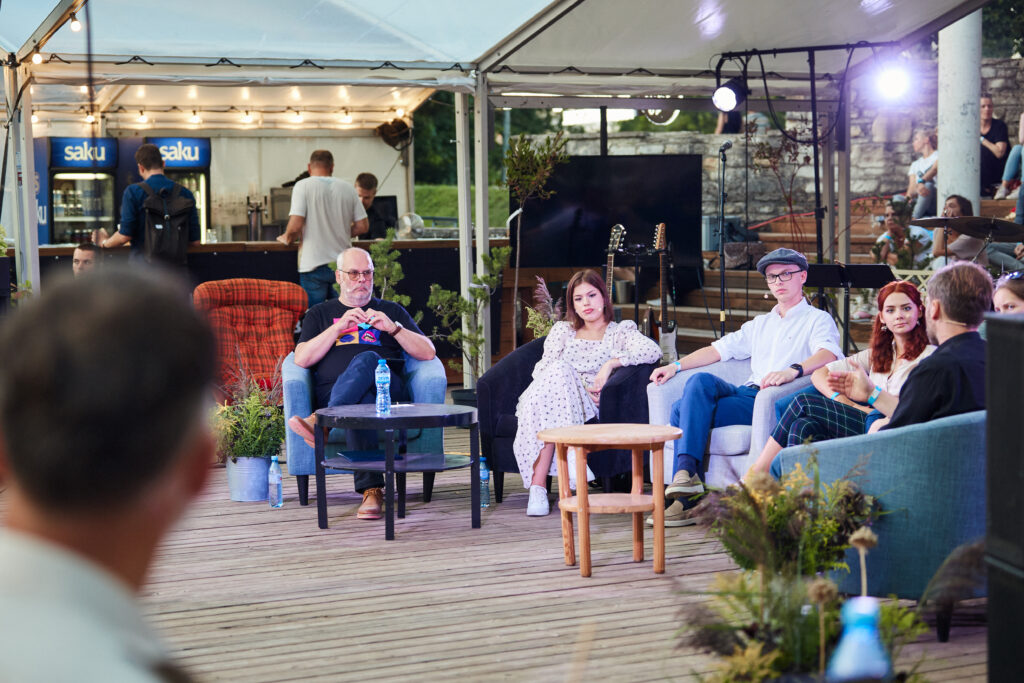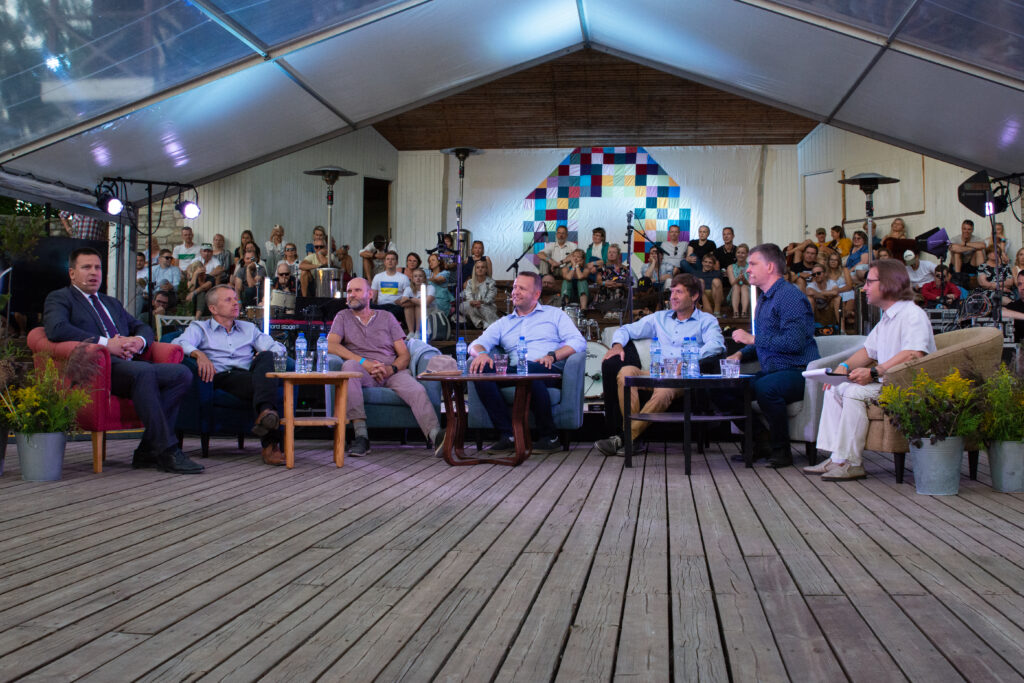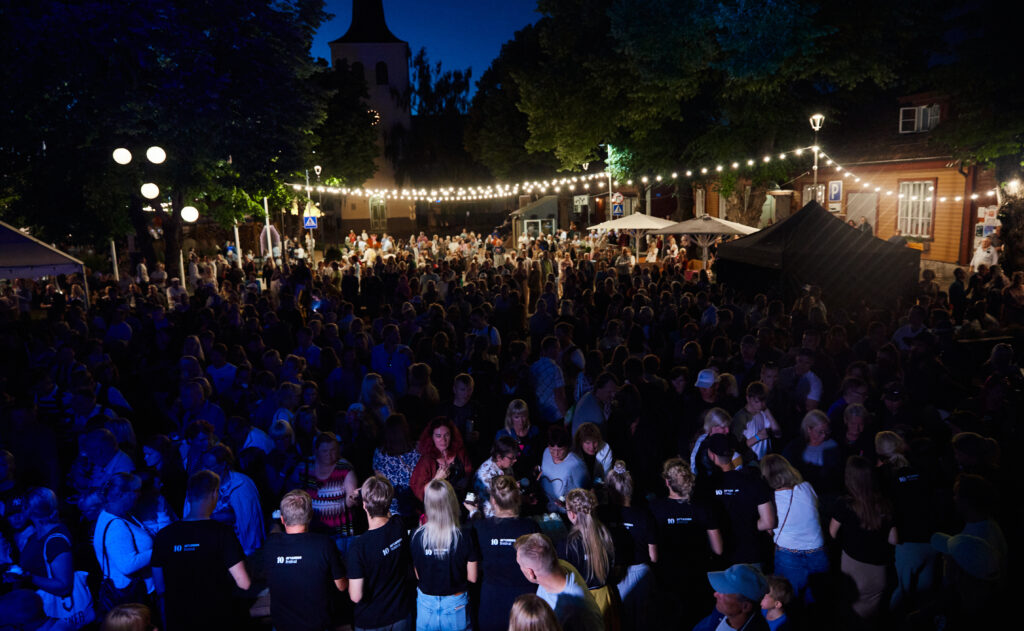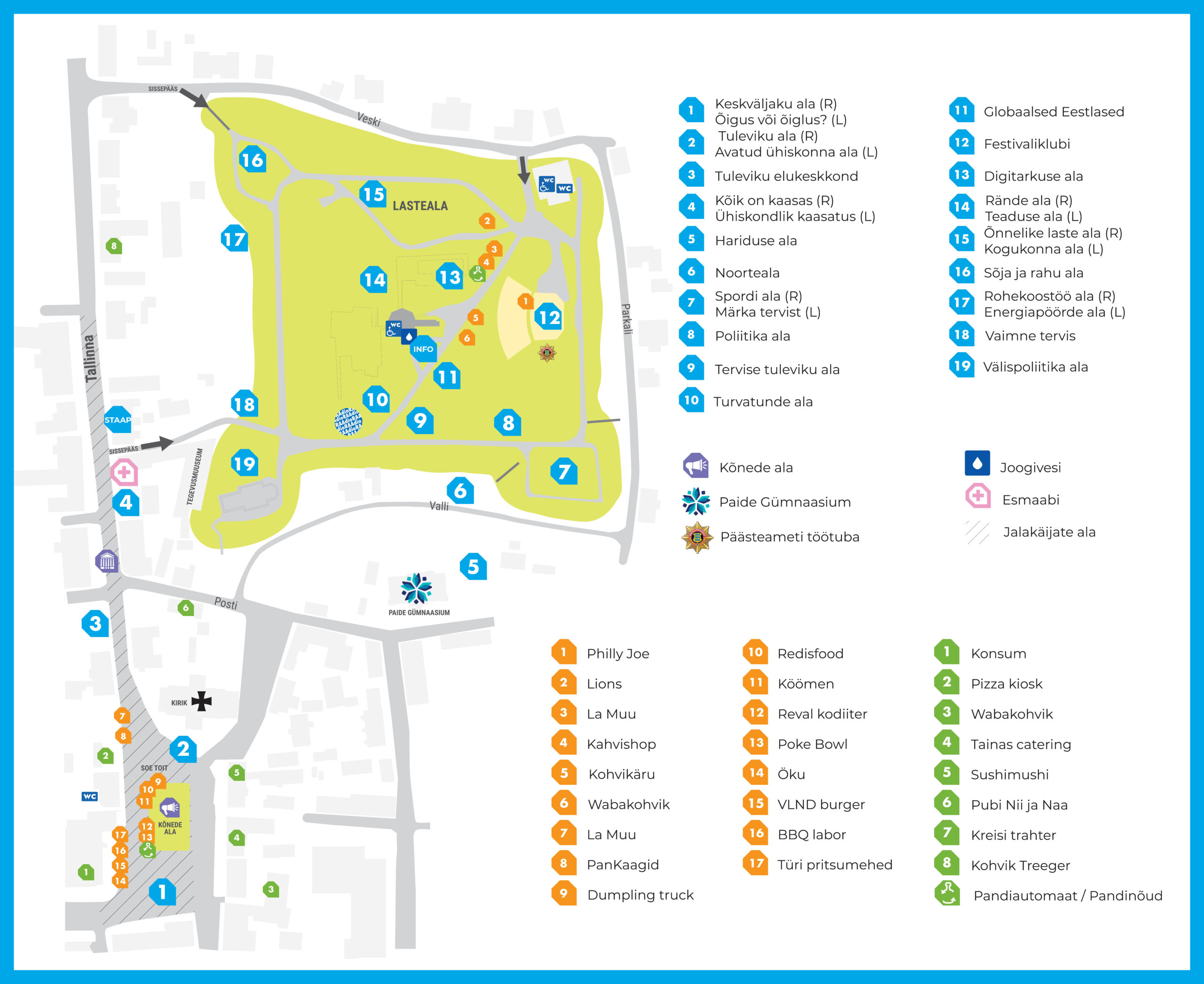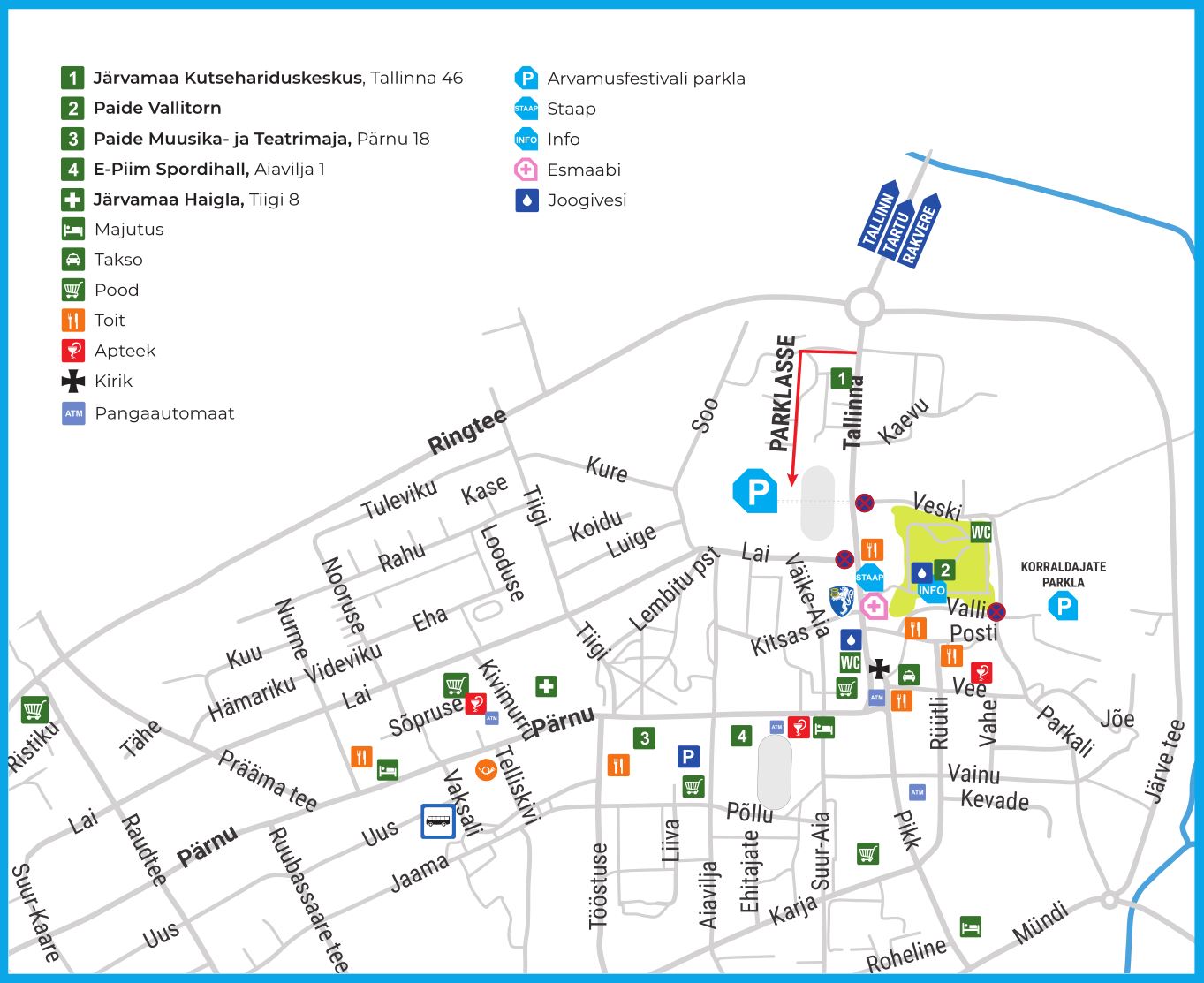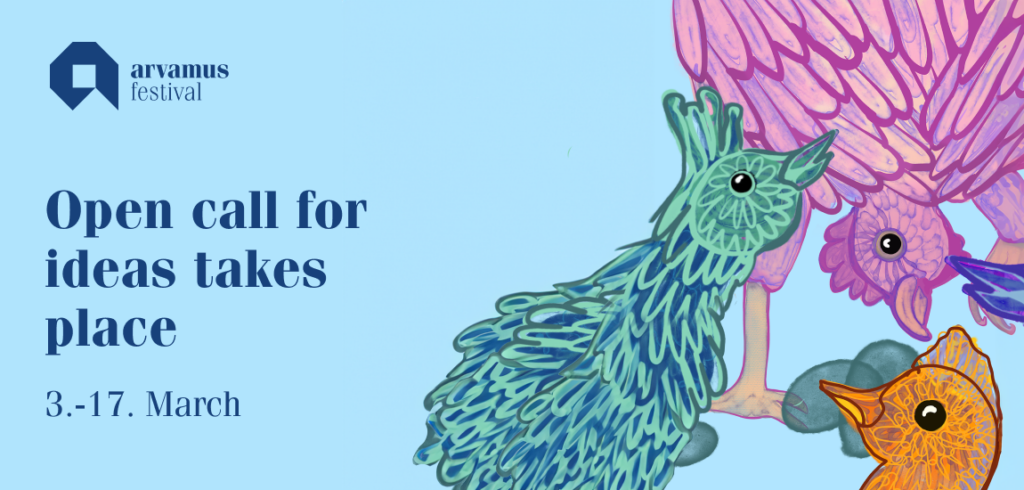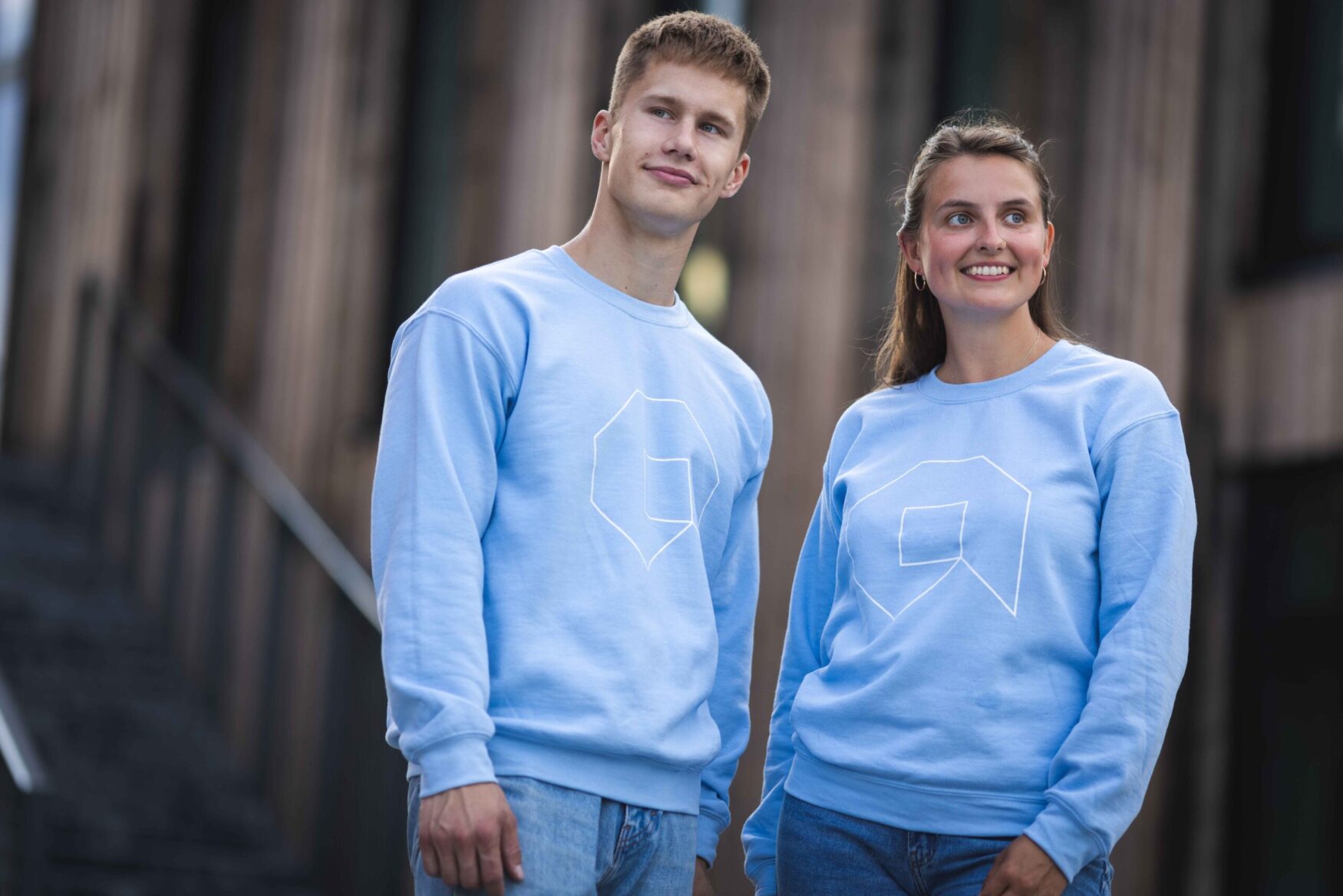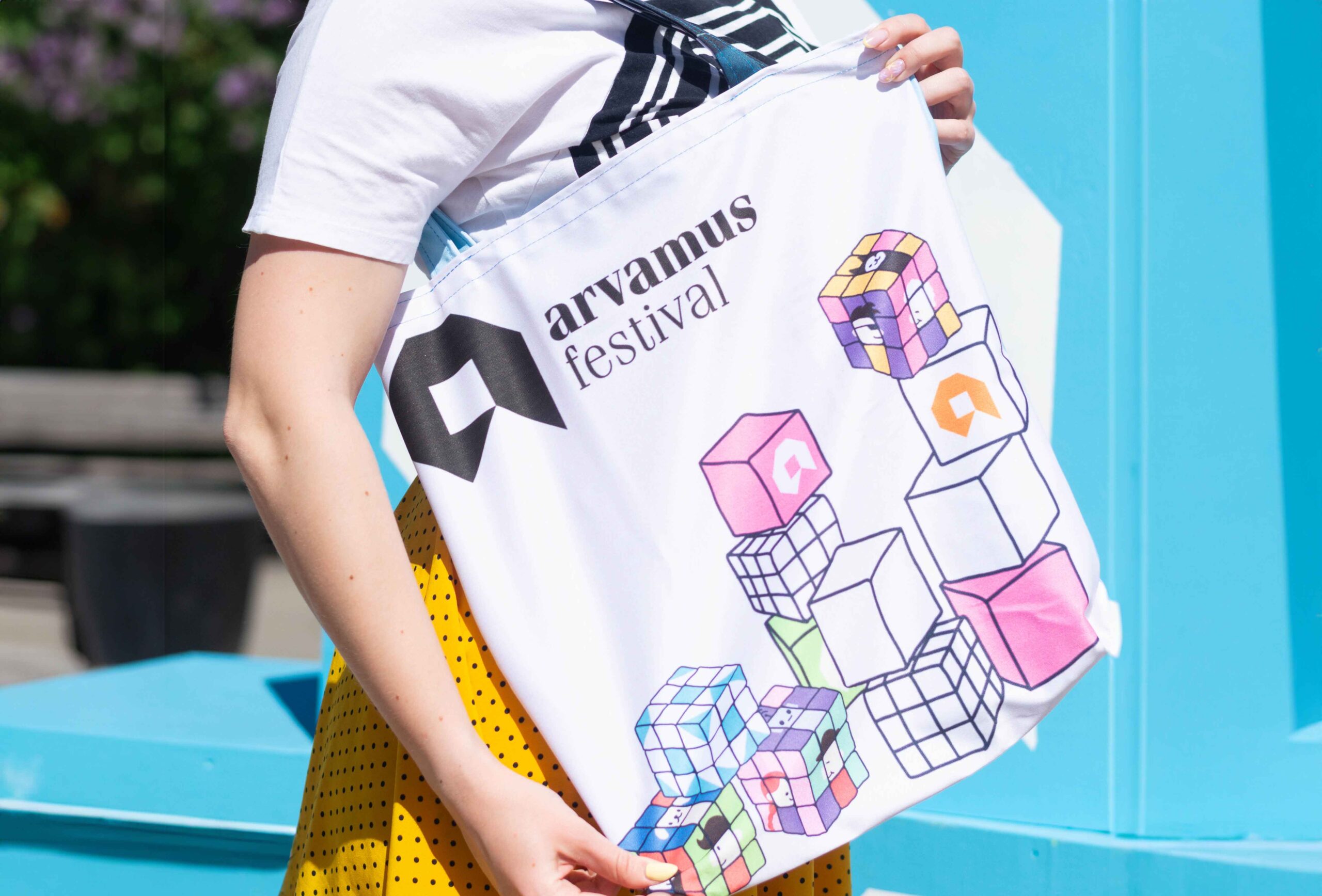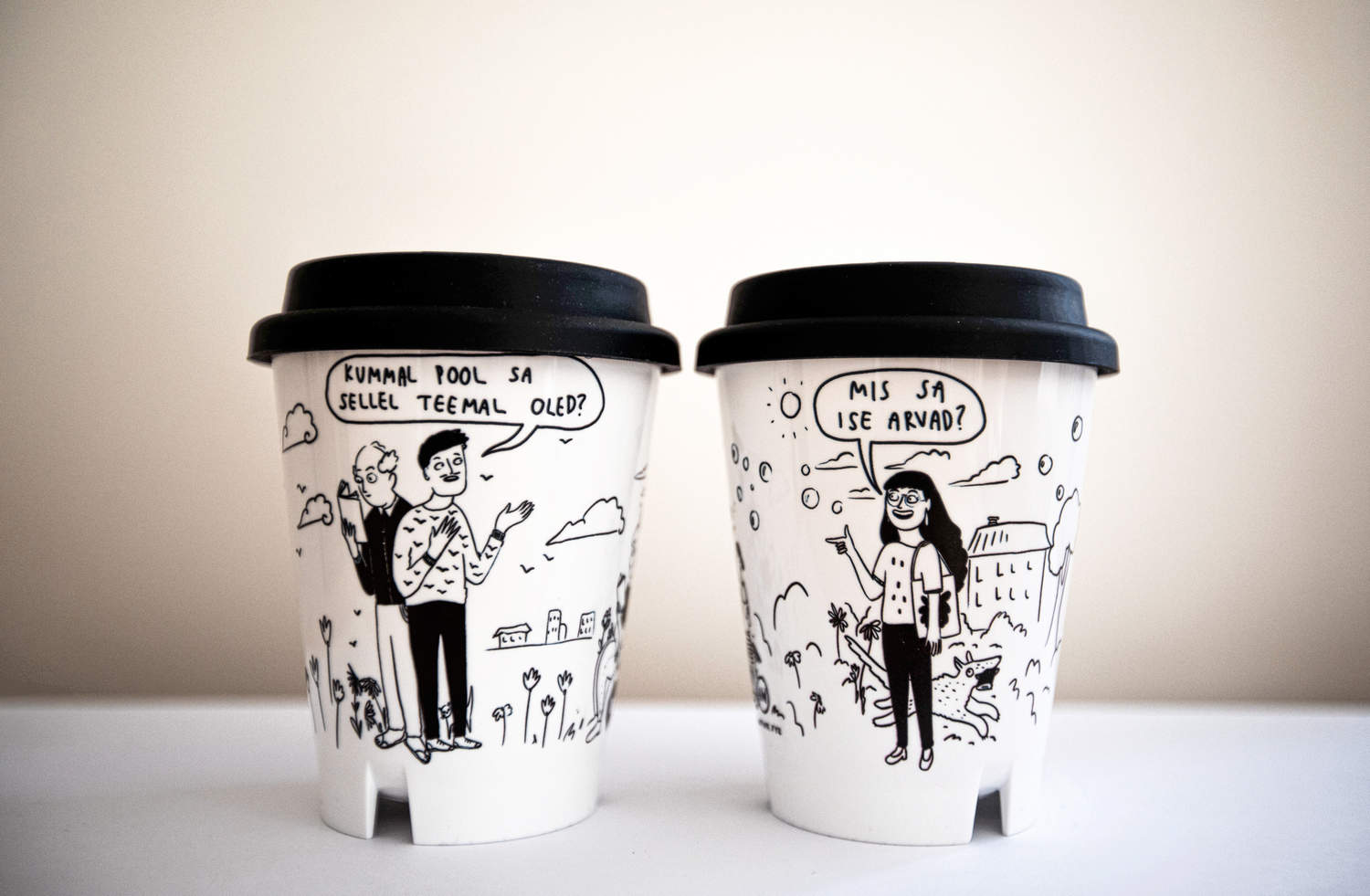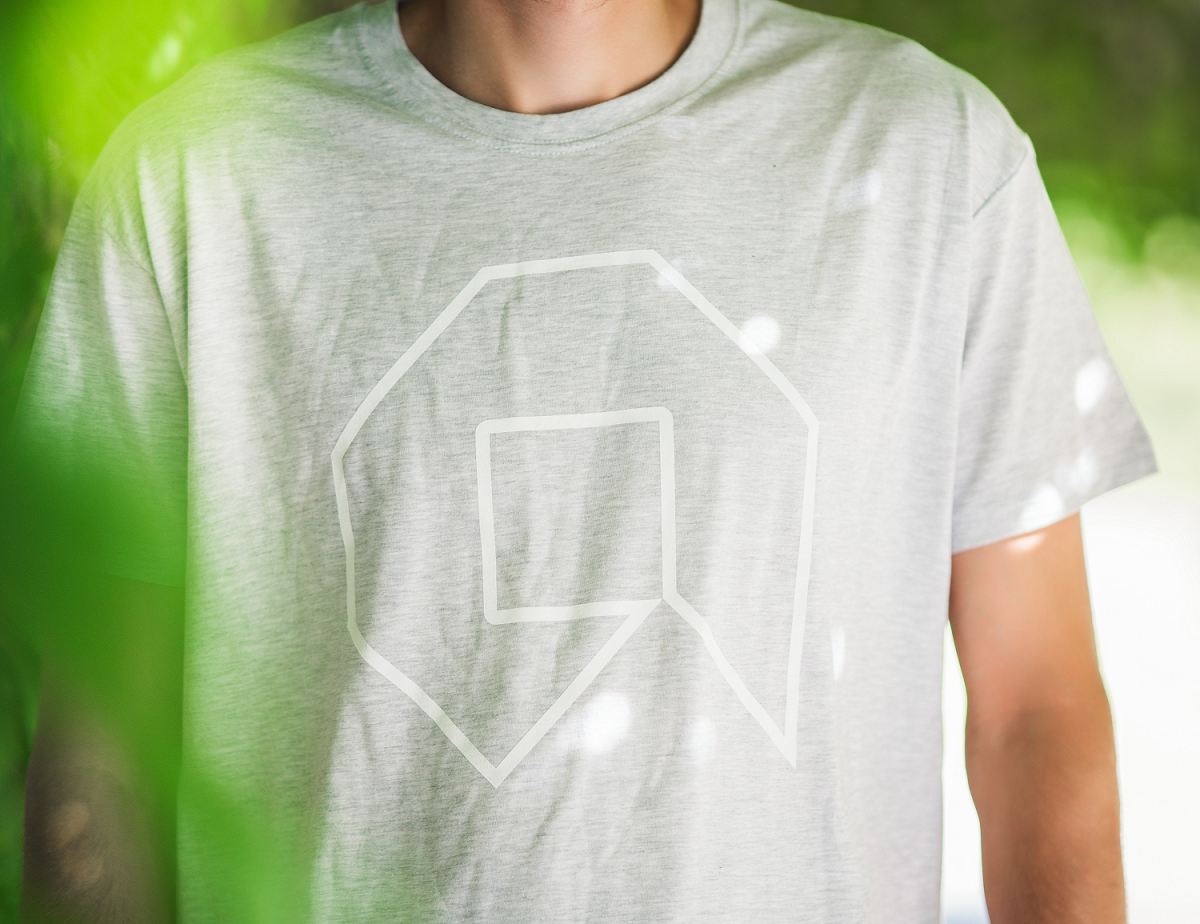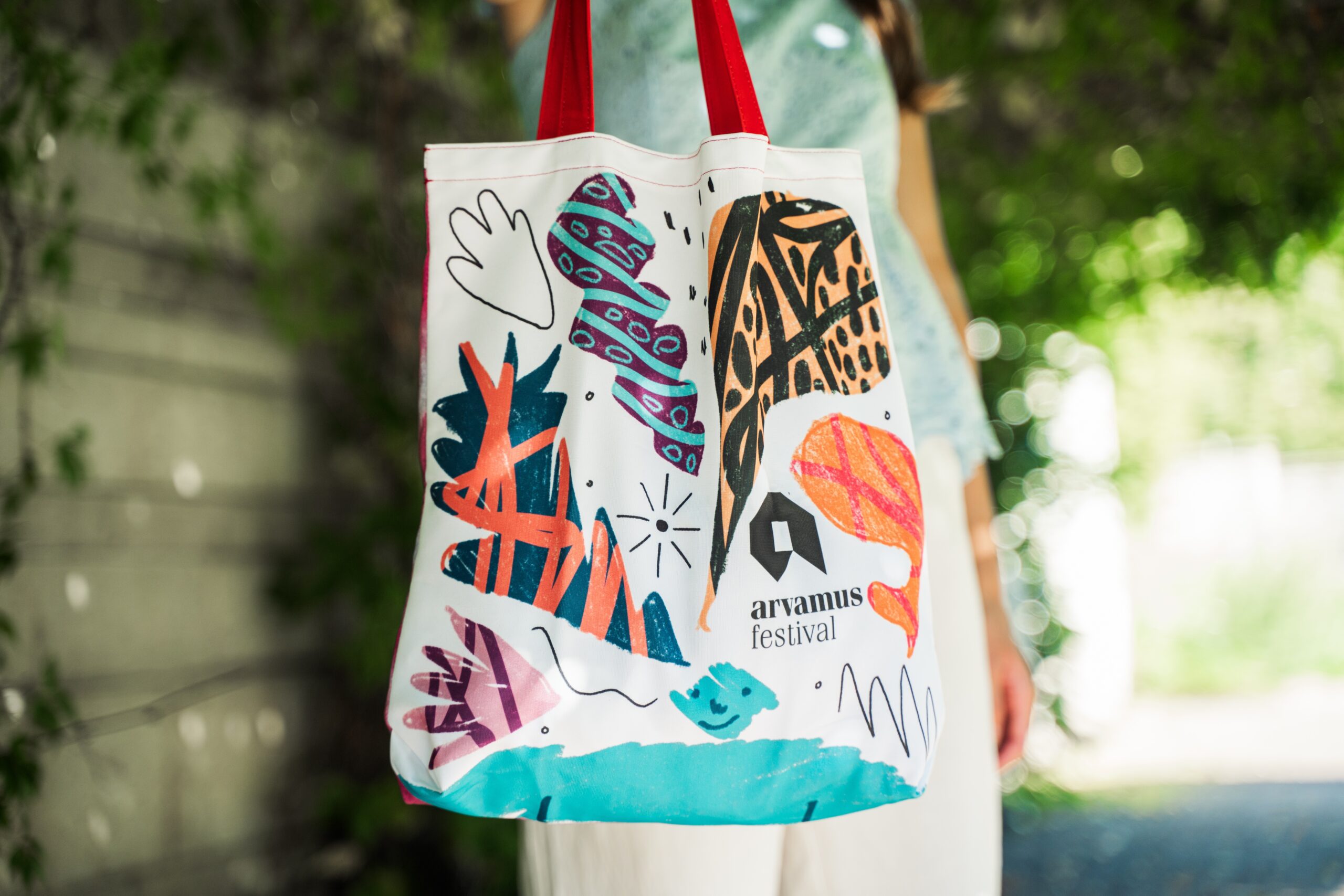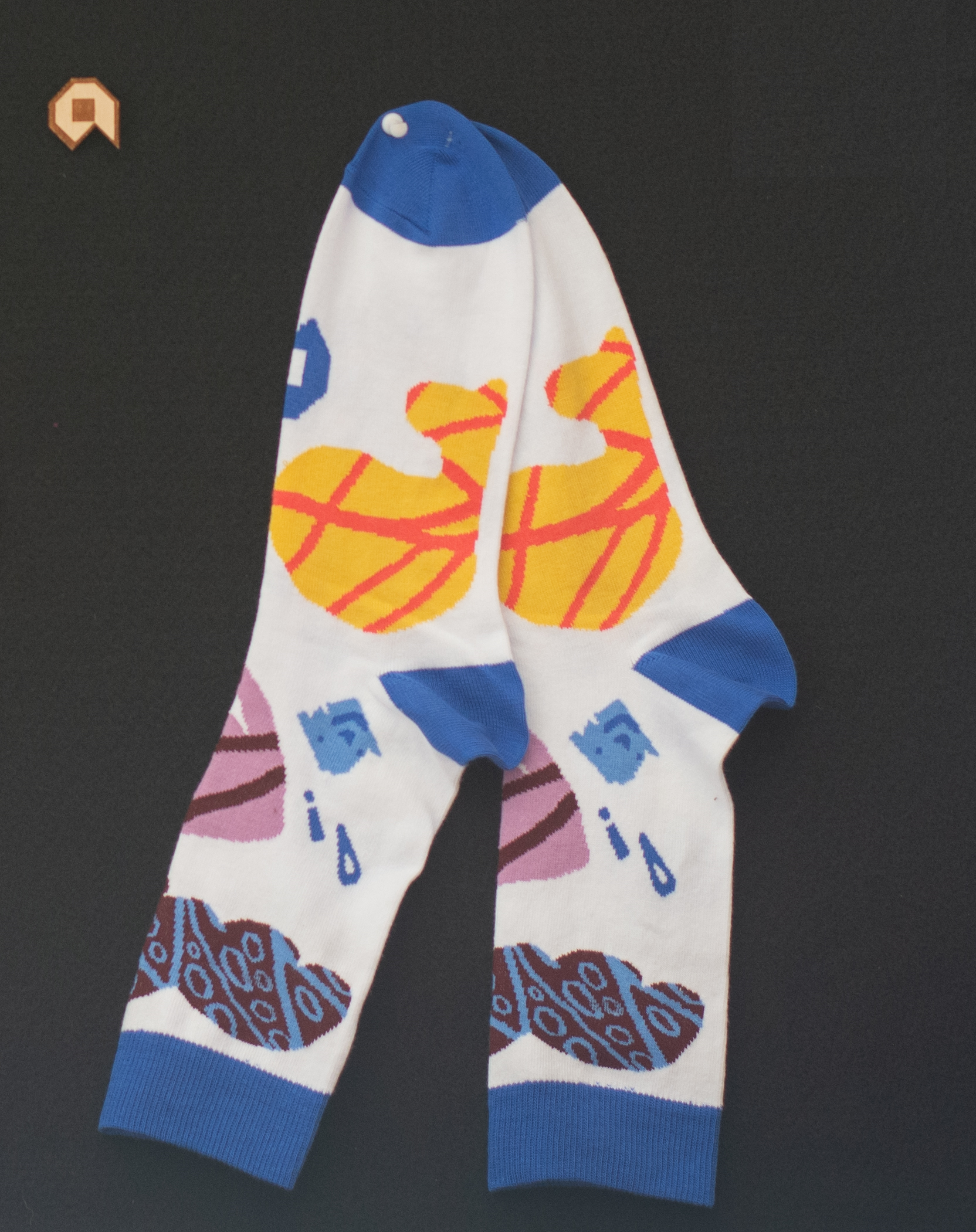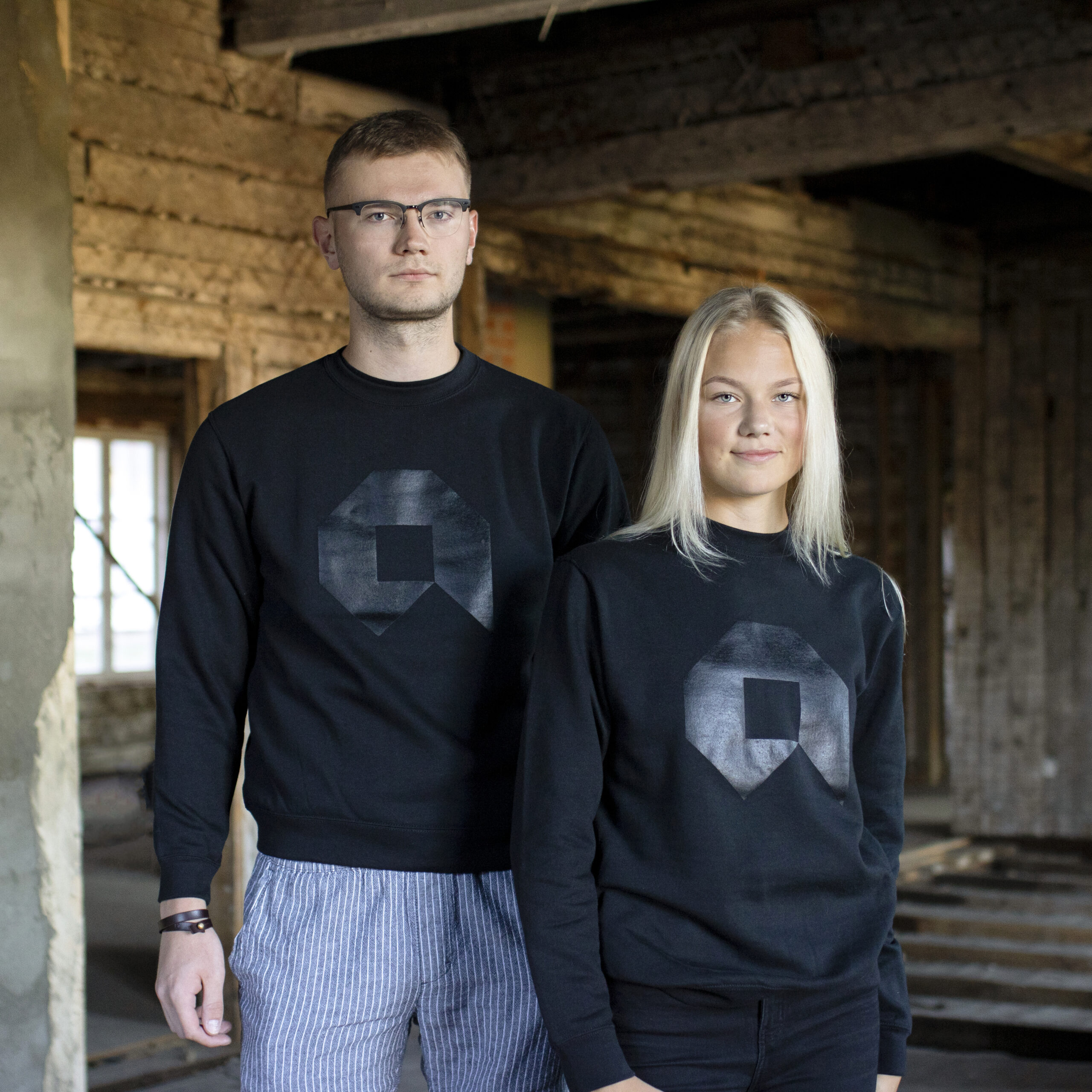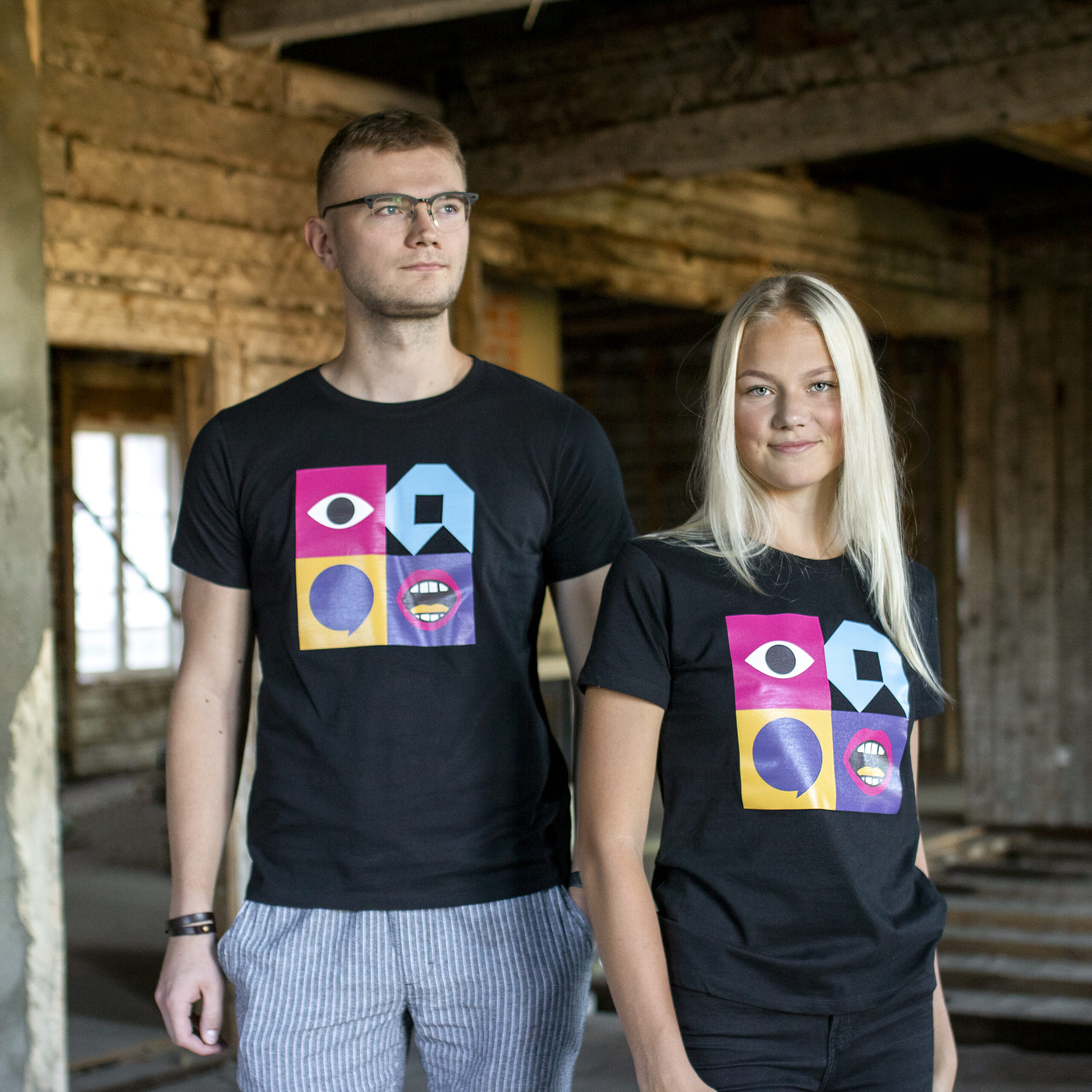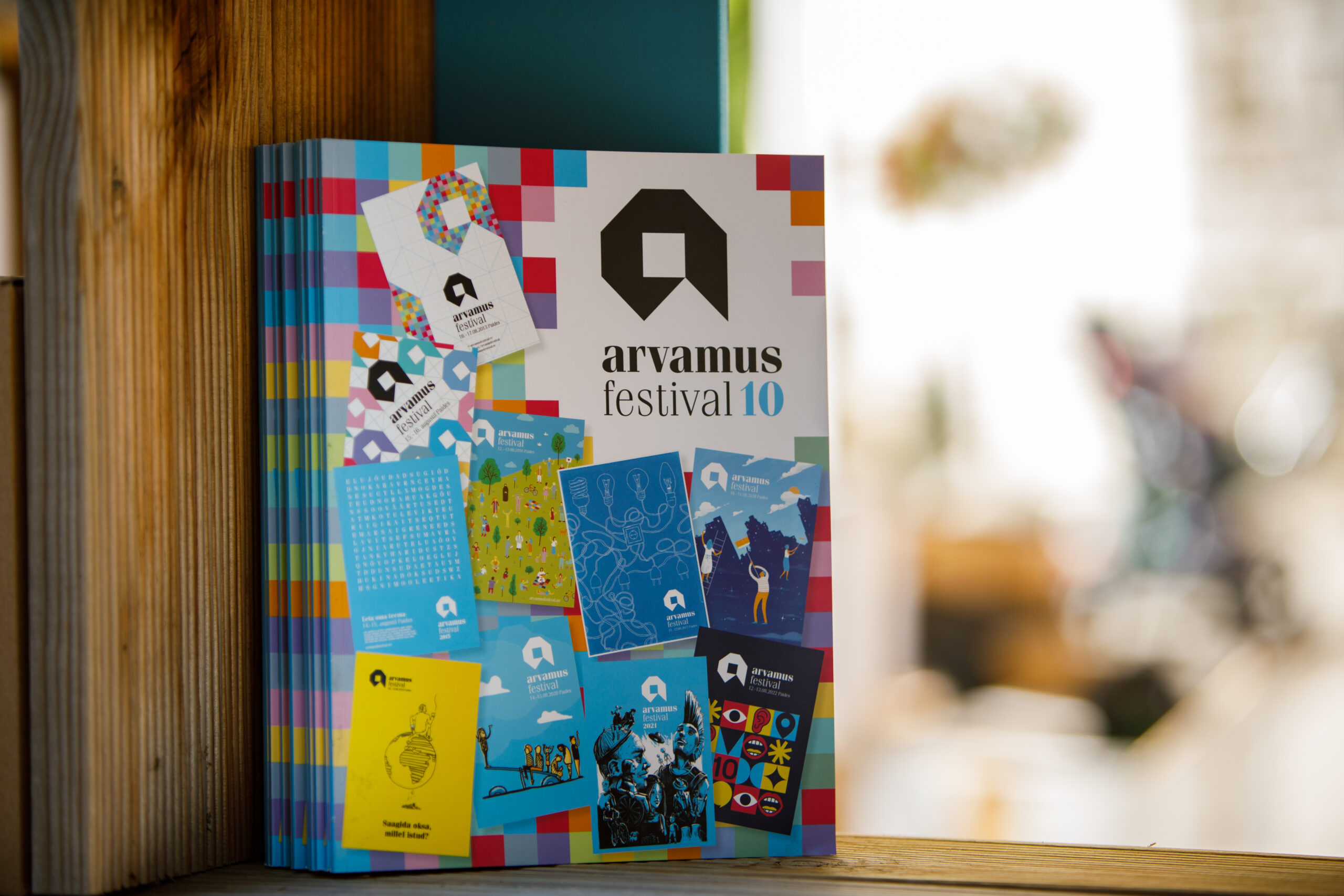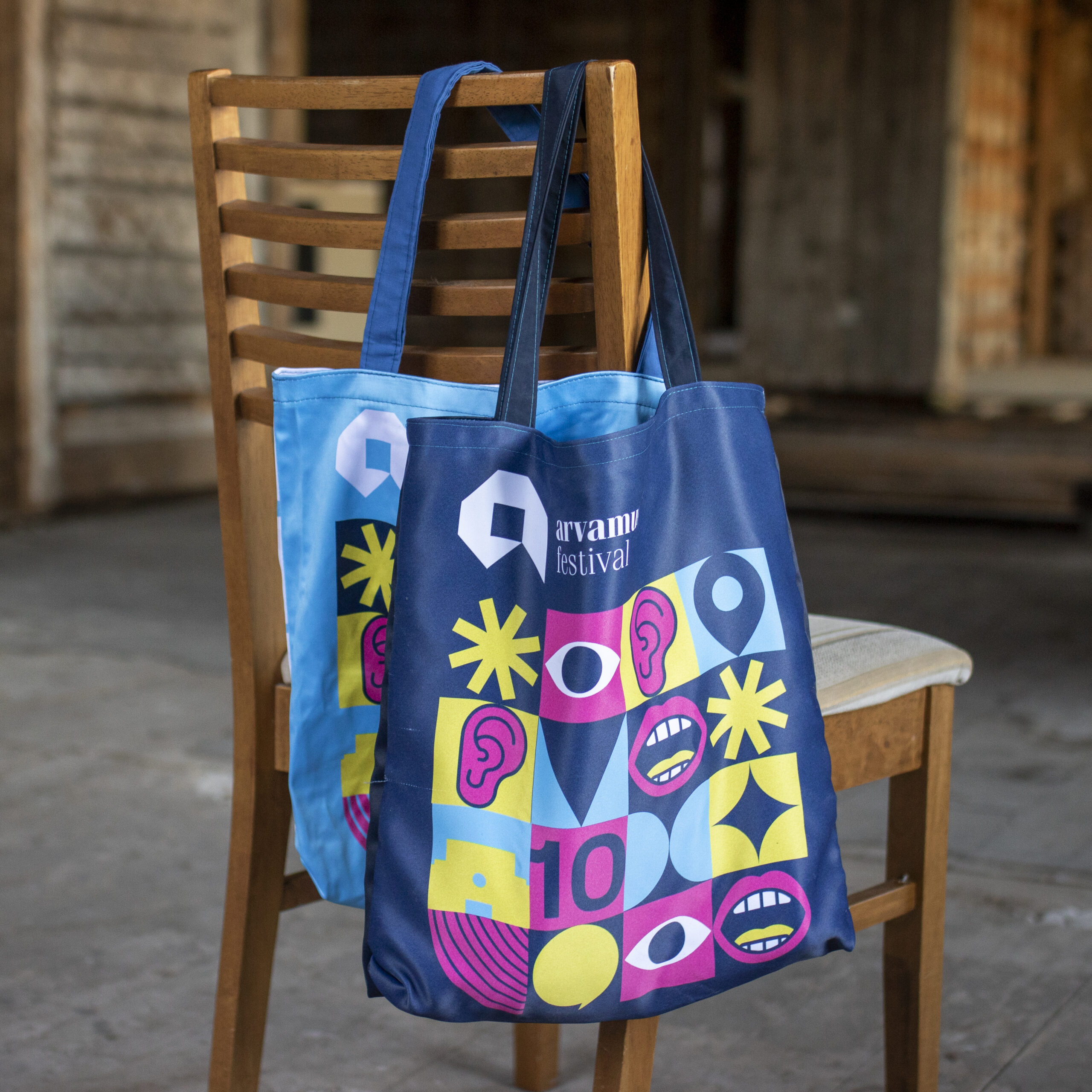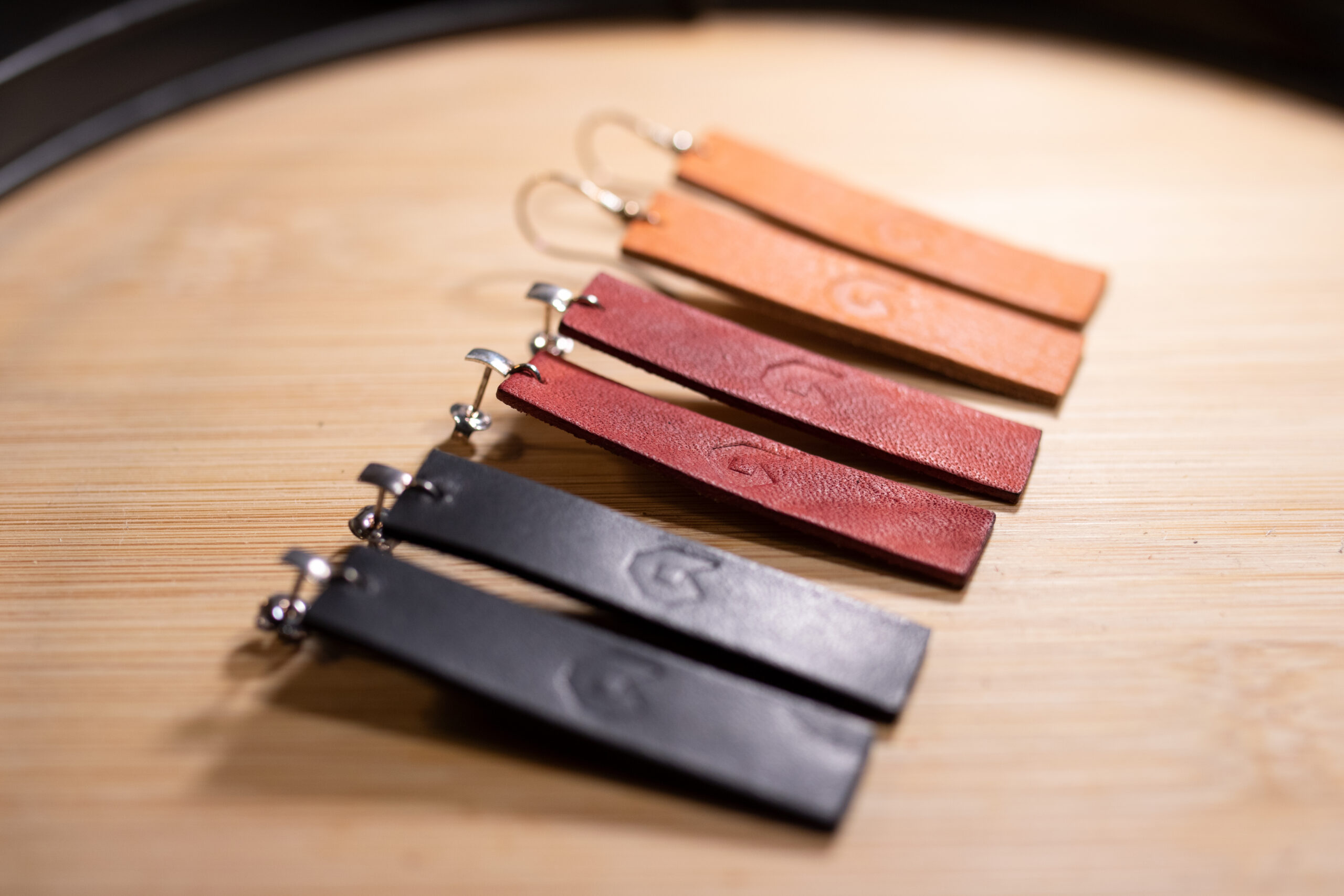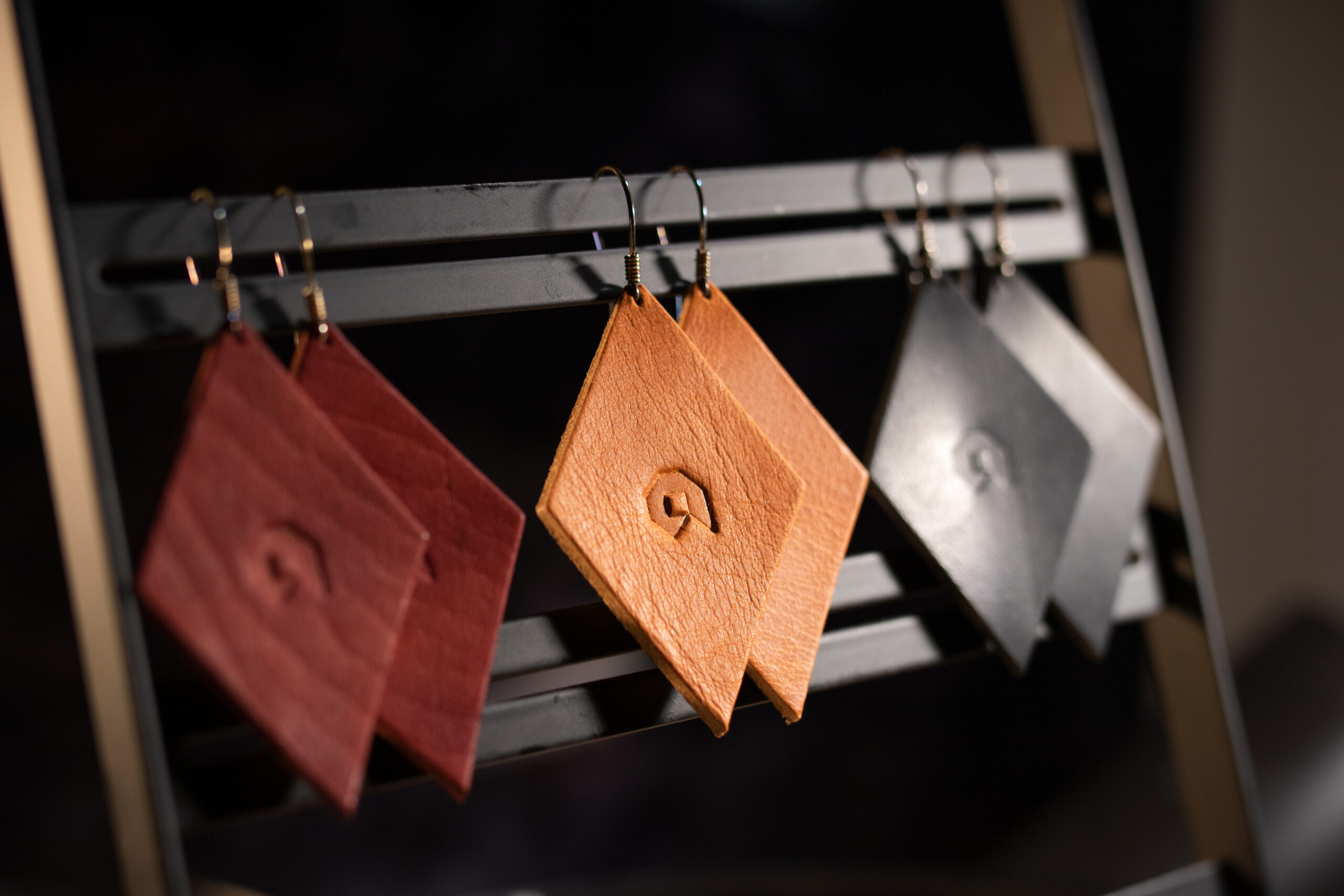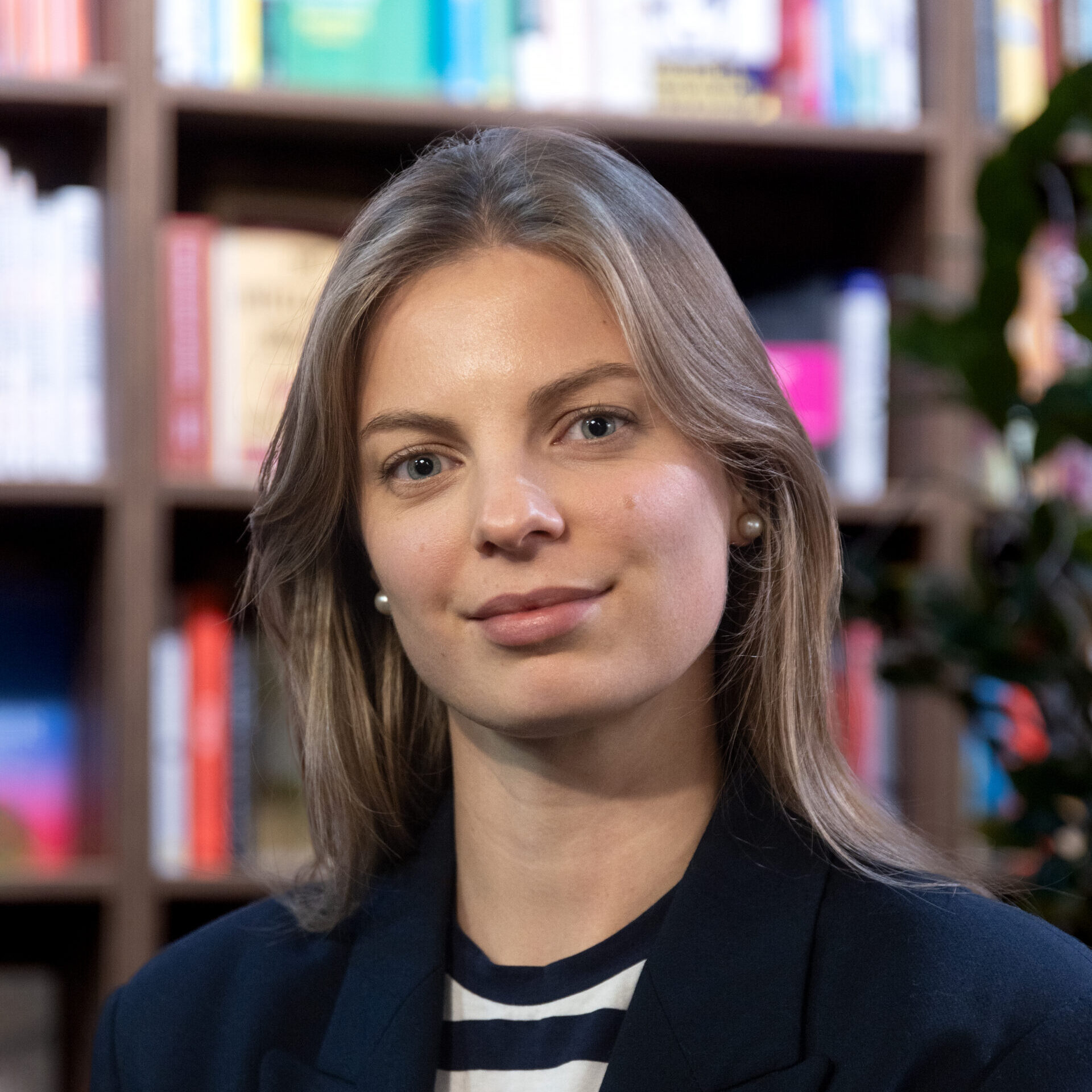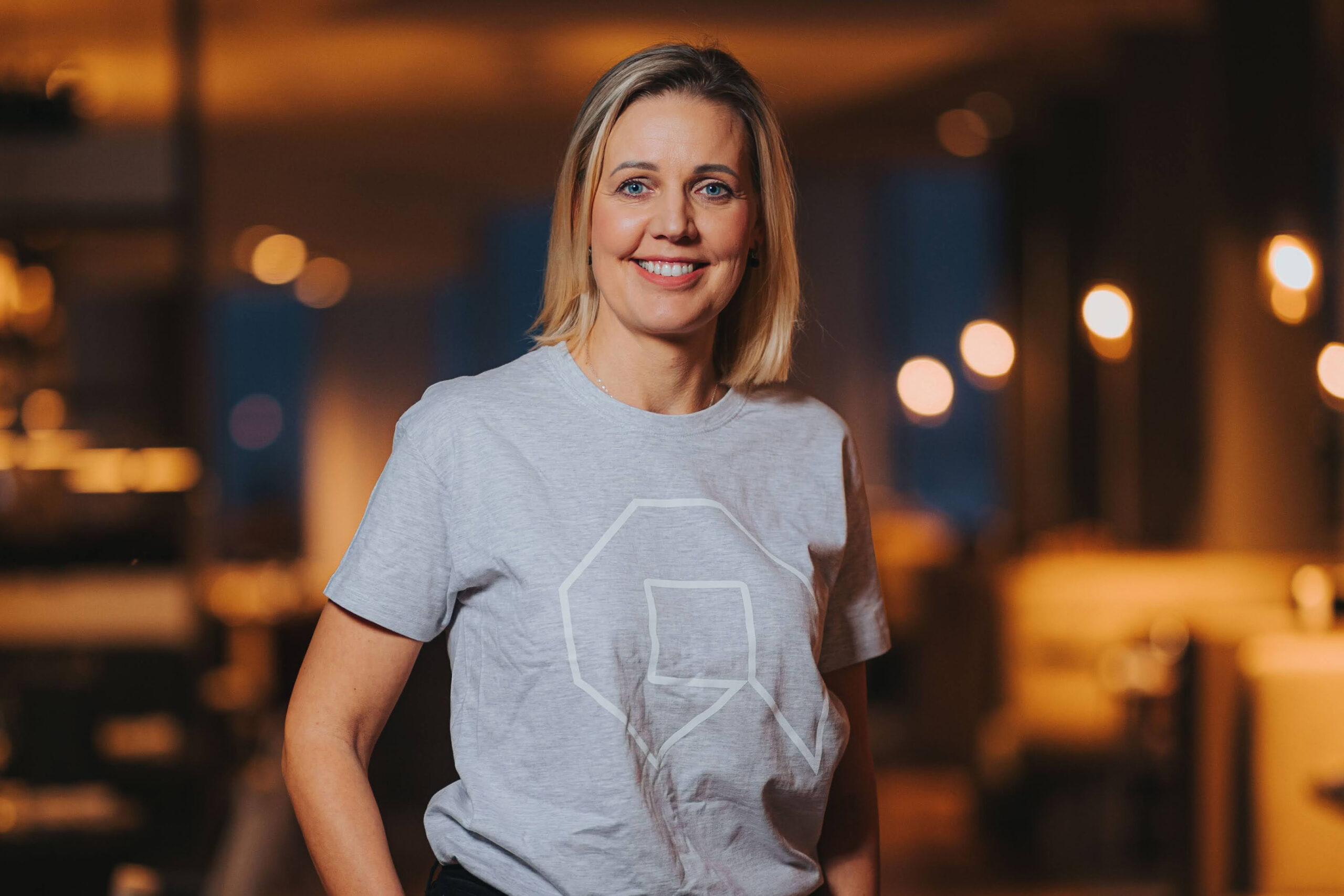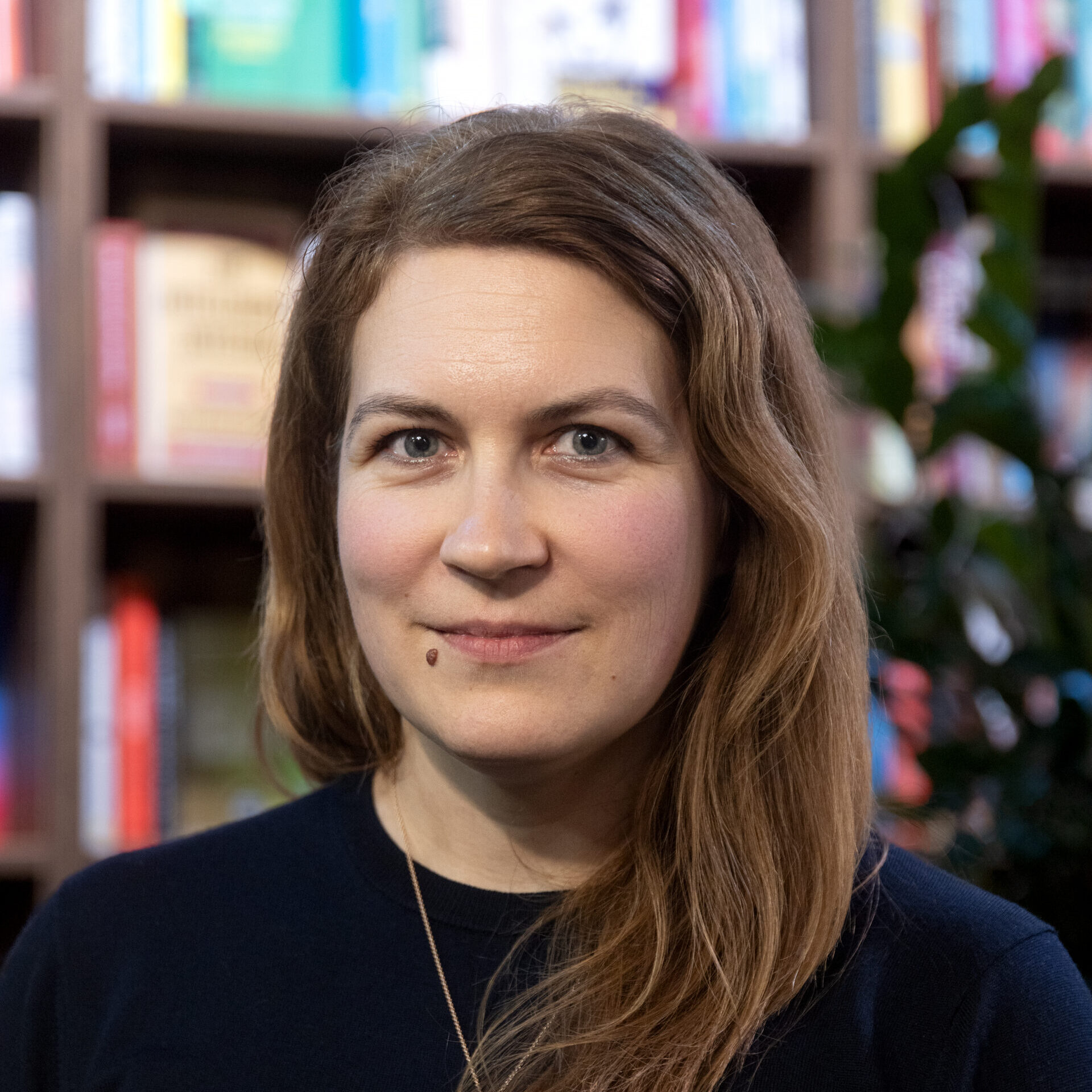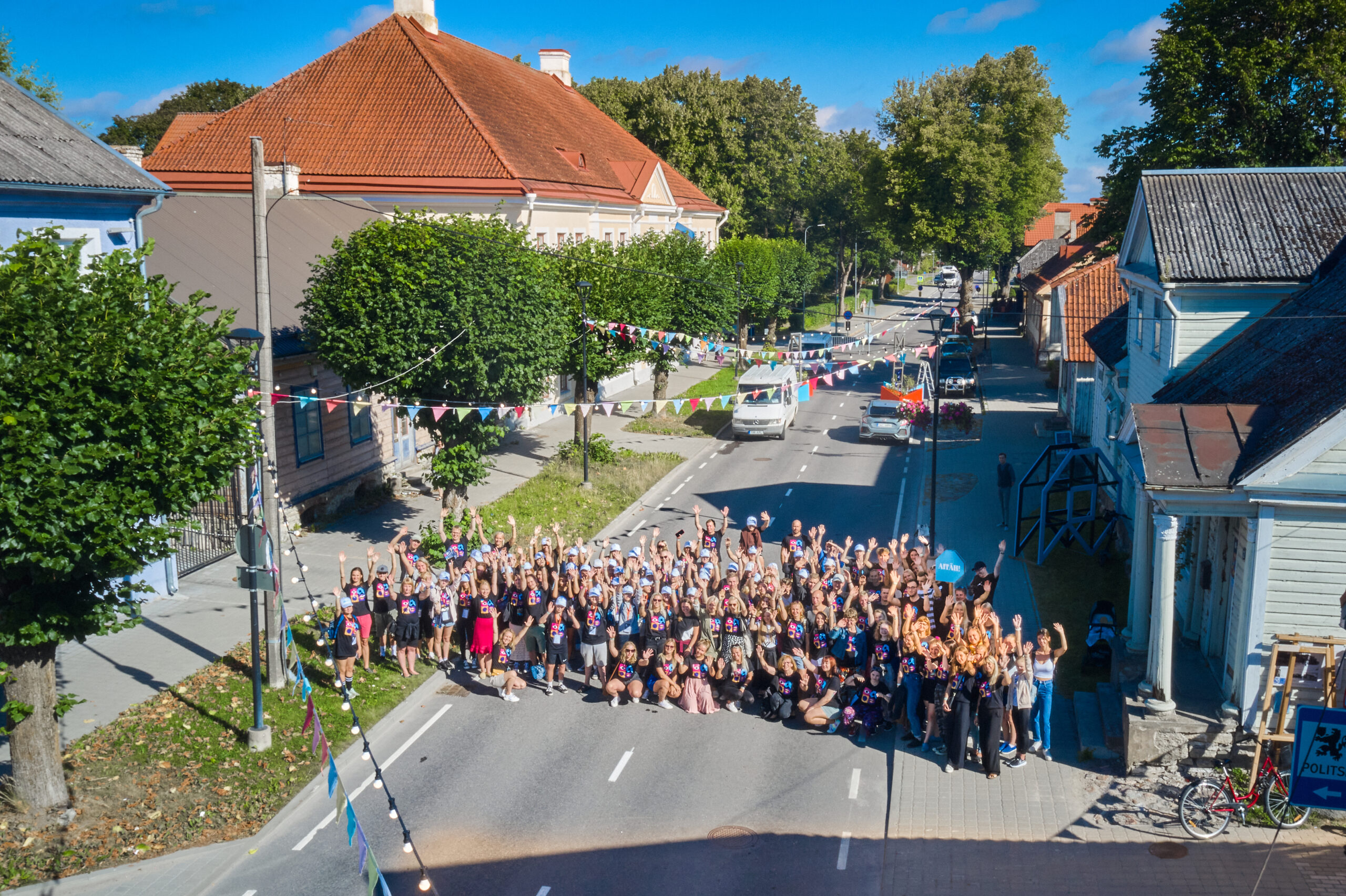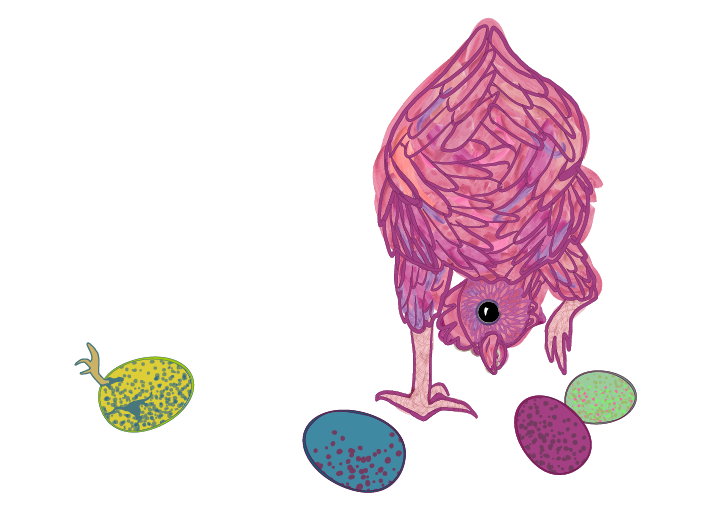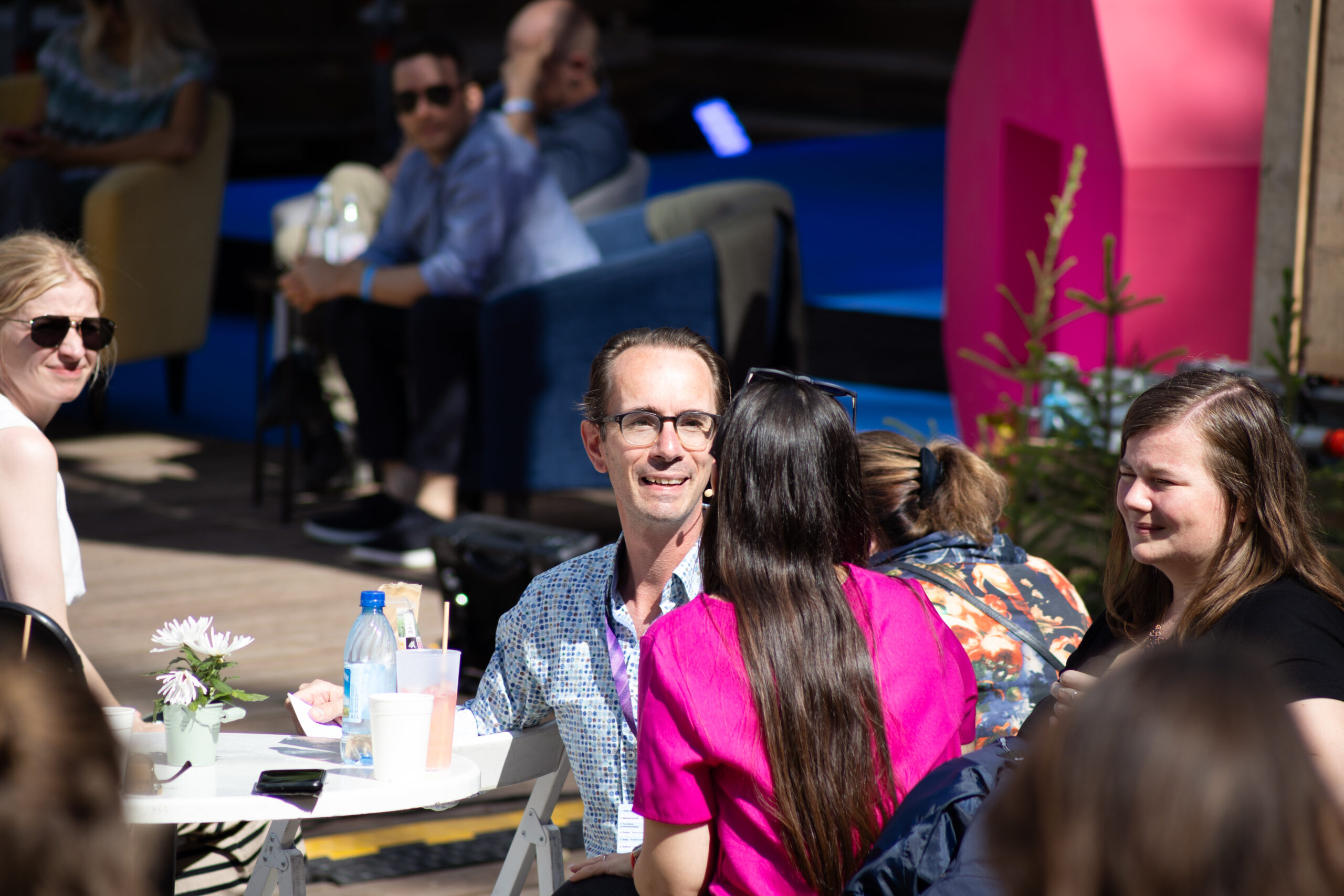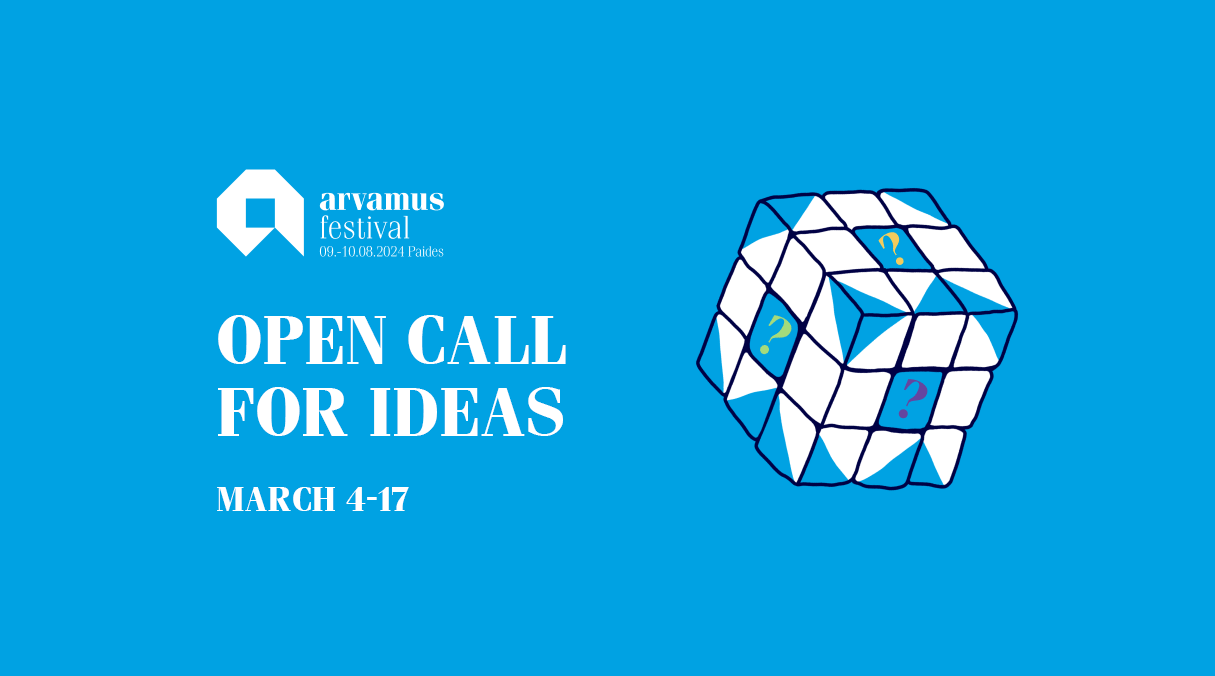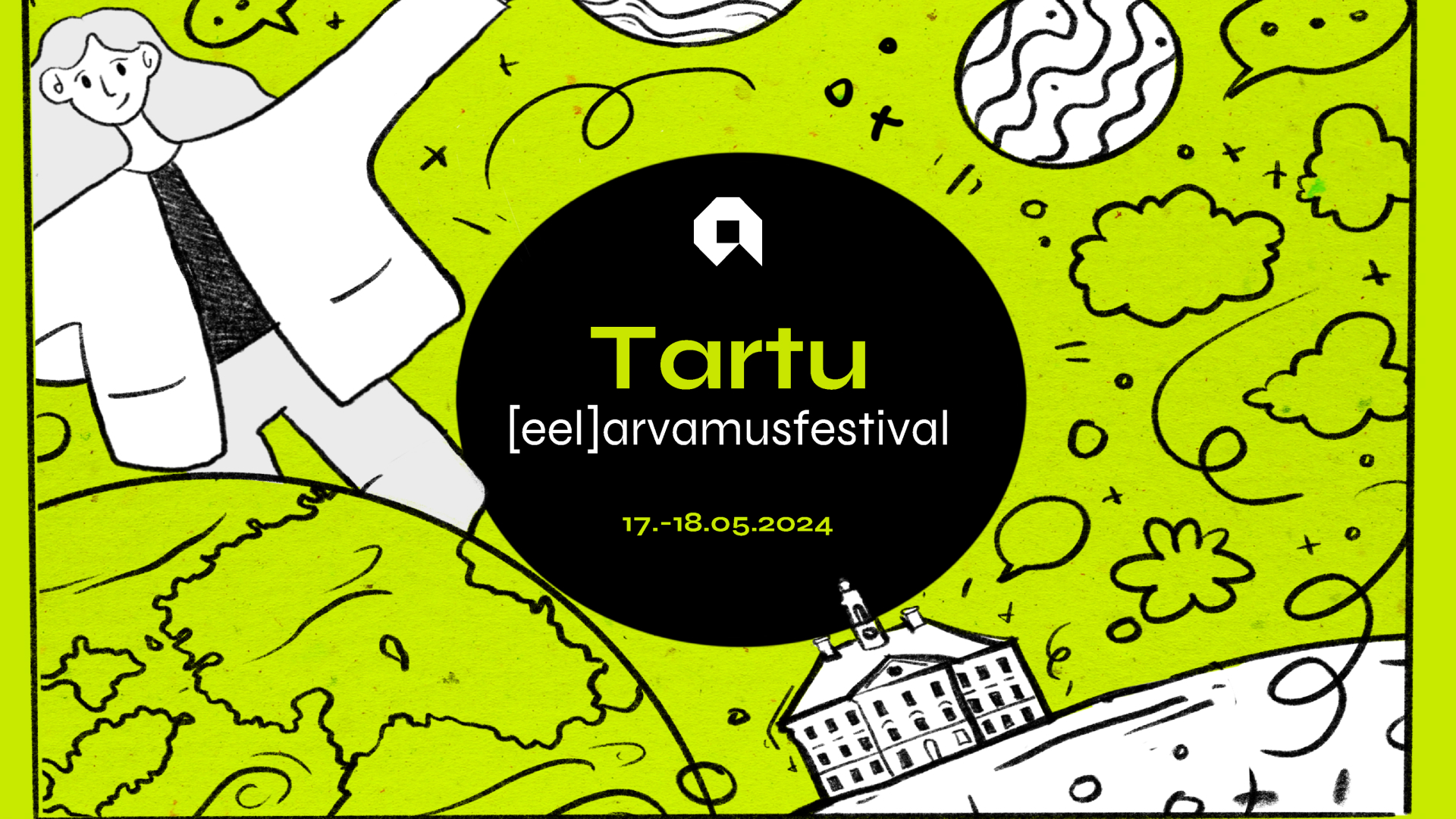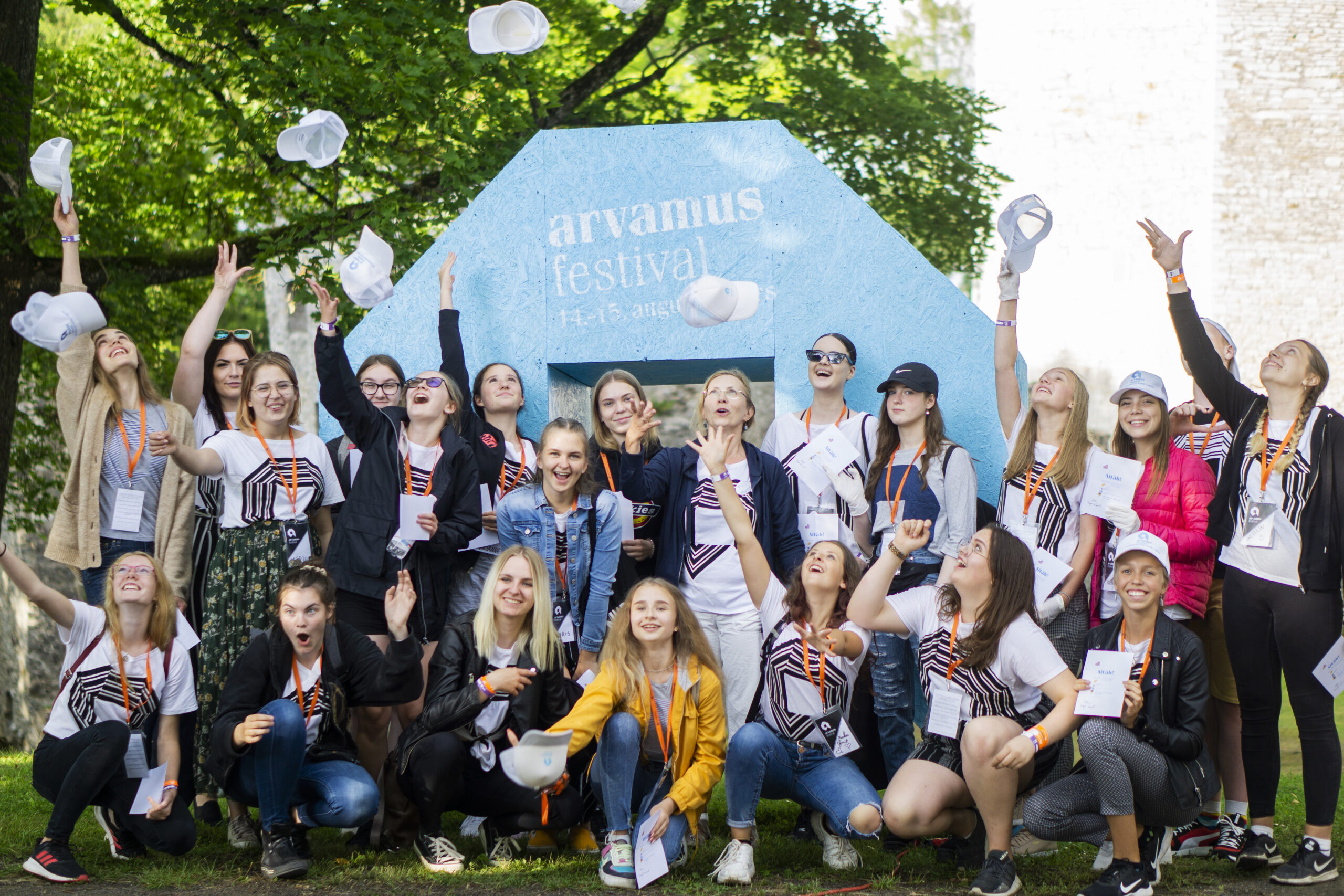In spring, the [pre]opinion festival will take place in Tartu for the first time. In order to have many exciting topics to discuss there, we are looking for discussion organizers and their topic proposals through an open call for ideas. The open call for ideas will take place from January 8th to January 21st, 2024 (Since some organizations have asked for a time extension, we will keep the questionnaire open for everyone until the end of the workday on January 23rd). You can participate by filling out a form, which can be found here.
The open call for ideas is for all the organizations, companies, communities, and other groups, who care about the region’s well-being. All topic proposals that address current and important issues or require collective thinking are welcome.
In the open call for ideas form, it is necessary to convincingly justify the importance of the proposed topic. The condition for submitting an idea is that there is a willingness to organize the discussion. To be better prepared for submitting an idea, think about the following questions before opening the form:
- What is the title of your proposed discussion?
- What do you want to achieve with the discussion, what is the goal of this discussion?
- Why should your topic resonate with visitors?
When selecting ideas for the festival program, preparing discussions, and discussing at the Opinion Festival, we adhere to the Respectful Discussion Convention. The discussion ideas selected for the program will be chosen at the end of January, and then the work of organizing the discussions will begin.
The Tartu [pre]opinion festival will take place on May 17th-18th, 2024, in Tartu Keskpark. The festival will provide solutions to cultural, social, and ecological challenges of Tartu, Southern Estonia, and Europe. [pre]opinion festivals have been established to spread good debate practices throughout Estonia and provide a neutral platform to come together and discuss local important issues.
Head of the Tartu [pre]opinion festival team
Maarja-Liis Mereäär
maarjaliis.mereaar@arvamusfestival.ee
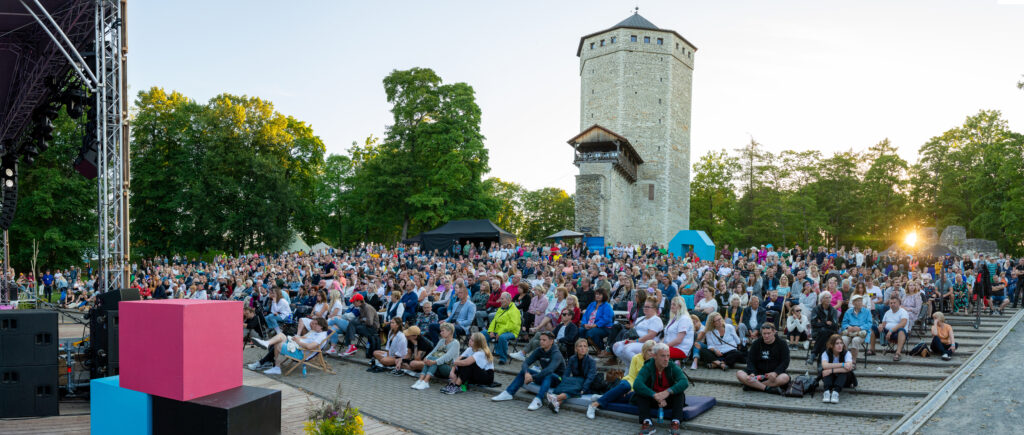
FREQUENTLY ASKED QUESTIONS
-
Who can submit ideas in the idea collection?
The idea collection is open to all organizations, companies, communities, and other groups who care about the well-being of the region. Ideas can be submitted in both Estonian and English, and discussions can be held in different languages as well. It is important that the idea is well thought out, adheres to good discussion etiquette, and answers the questions asked in the idea collection form. If selected, you must be prepared to implement the idea. This will be done in collaboration with the Opinion Festival and other event organizers.
-
What happens after filling out the idea collection form?
After the idea collection period ends, the Opinion Festival team evaluates all the ideas. Based on the results, we compile thematic discussion areas from the ideas that received the most votes.
-
Are there any obligations associated with submitting a discussion idea?
Each idea submitter must be prepared to organize their own discussion. The ideas that proceed from the open call for ideas phase will be divided among the discussion areas. In addition to organizing their own discussion, idea submitters must also contribute to the organization of the discussion area.
-
Does organizing a discussion cost anything?
Yes. The costs for one discussion area are approximately 2200 euros, which will be divided among groups that are organizing the discussions. The exact costs depend on the structure of the discussion area and how you decide to decorate it.
-
Do I have to do everything myself?
No, you don’t. If your idea is selected for the program, you will receive help from the Opinion Festival’s coordinator. The coordinator will provide technical and substantive support. They will advise and assist the discussion organizers to ensure a successful organization process for the entire area.
-
What is the schedule for organizing the discussions?
We will contact the idea submitters no later than early February. Those who are accepted into the program will work under the guidance of a volunteer coordinator from the Opinion Festival. Work will be done both for their discussion and their discussion area. From February to April, all details related to the discussion need to be finalized – from the final title to confirming the discussion leader and participants. The deadline for submitting this information is mid-April.
